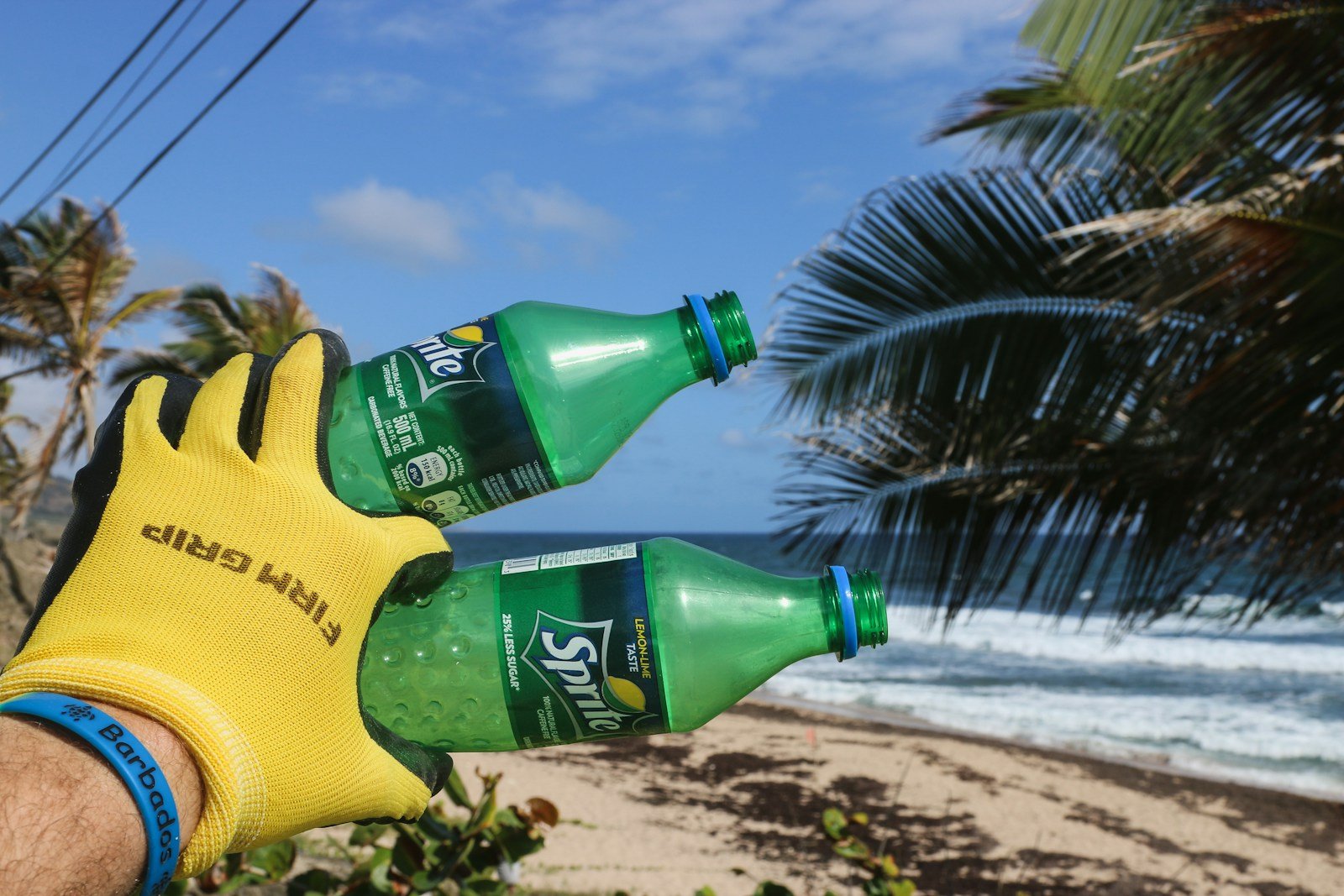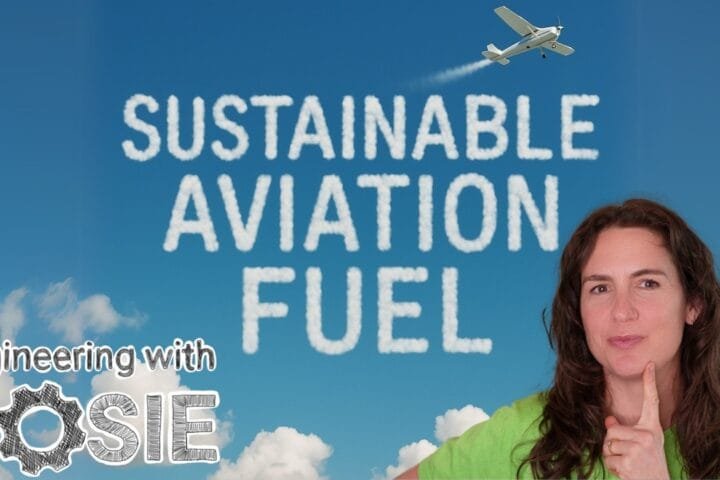Summary
- The penultimate round of global plastic pact negotiations failed to reach a consensus on cutting plastic production due to lobbying from fossil fuel and petrochemical companies.
- Plastic producers have long insisted on downstream strategies like recycling, which has proven to be expensive and ineffective.
- Both plastic waste and climate change can be mitigated by phasing out fossil fuels and plastic production.
- We can address both plastic pollution and climate change by combining efforts and eliminating the common culprits at play.
- The environment will continue to suffer until we collectively reduce the production of plastic and fossil fuels.
Plastic pollution and climate change have common culprits – and similar solutions.
The penultimate round of negotiations for a global pact on plastic ended yesterday in Ottawa. Nearly 200 countries have agreed that a treaty must tackle plastic pollution at every stage of its existence, from oil rigs and refineries to factories, shops and homes. But when Rwanda and Peru proposed cutting the amount of plastic produced worldwide by 40% over the next 15 years, the UN talks faltered.
This stalemate has been, at least partially, engineered by the same companies stalling climate action: fossil fuel firms and their petrochemical partners.
Most plastics are derived from fossil fuels. Oil and gas companies extract these fuels and petrochemical firms refine and synthesise plastic from them. Reports suggest that the number of lobbyists representing both industries at the negotiations is increasing.
Recycled lobbying tactics
Reducing plastic production is the most effective way to cut pollution according to a recent study. Since a proposal for phasing down production failed to gain enough support in Ottawa however, it’s unclear what the agreement – expected later this year – will eventually look like.
“Will it be ambitious, with strict binding measures focusing on all stages of the plastics life cycle (including the ‘upstream’ stages associated with resource extraction, manufacturing and processing)?” ask Antaya March, Cressida Bowyer and Steve Fletcher, researchers who study the plastic waste epidemic at the University of Portsmouth.
“Or will it be a weaker treaty, with voluntary and country-led measures that focus mainly on waste management and pollution prevention (the ‘downstream’ stages)?”
Profit-minded petrochemical companies have long insisted that downstream strategies, like ramping up recycling, are the best way to manage plastic waste. An investigation showed this was disingenuous: plastic producers knew more than three decades ago that recycling was complicated, expensive and ineffective – despite what their marketing departments said.
Today, the global recycling system is a mess, says Kutoma Wakunuma, an associate professor of information systems at De Montfort University:
“Although plastic waste can be seen as a trade between developed and developing countries, which allows the latter to be paid in exchange for dealing with that waste, this trade isn’t an equal one.”
Wakunuma describes how waste pickers in several African countries sift the imported refuse of richer nations for plastic bottles and other recyclable items. These workers, predominantly women, may be paid four pence a kilogram for what they manage to salvage, she says.
“And that waste sometimes ends up burned, rather than being recycled. In 2020, 40% of the UK’s plastic waste was sent to Turkey, where instead of being recycled some of it was illegally dumped and burned.”
Two billion people worldwide lack dedicated rubbish collection services. Many of them breathe toxic fumes from the open burning of plastic according to waste management experts Costas Velis and Ed Cook at the University of Leeds. This is a serious and overlooked health crisis, they say.
The recycling facilities of developing countries are overwhelmed. Yet oil firms see these places – where environmental regulations are typically weaker – as promising markets for more single-use plastic that is cheap and difficult to recycle says Deirdre McKay, a reader in geography and environmental politics at Keele University.
Turn off the taps
Fossil fuels and petrochemicals have a long history: the first synthetic chemicals were derived from coal. In the future, global demand for oil and gas will fall as more buildings and vehicles run on renewable electricity – but emissions will remain high if fossil fuel firms are allowed to continuing ploughing money into making plastics instead say industry sustainability experts Fredric Bauer (Lund University) and Tobias Dan Nielsen (IVL Swedish Environmental Research Institute).
Some of the solutions to plastic waste and climate change are the same. Like scrapping fossil fuel subsidies, which keep plastic production (and fossil fuel extraction) artificially cheap.
More generally, evidence supports the idea of phasing out plastic production to curb mounting pollution – and something similar is true for climate change.
“There is a wealth of scientific evidence demonstrating that a fossil fuel phase-out will be essential for reining in the greenhouse gas emissions driving climate change,” says Steve Pye, an associate professor of energy systems at UCL.
“Since no new fields need to be brought into development, global production of oil and gas should be falling.”
A legally binding agreement that aims to curtail plastic production could be the best outcome from the final summit in Busan, South Korea in late November. But even this may not deter countries and companies that make a lot of money from plastic. With equivalent climate legislation, “legally binding” in practice has meant campaigners having to drag governments and corporations through the courts for years to make them keep their promises says Rebecca Willis, a governance expert at Lancaster University.
At the very least, campaigners on both plastic waste and climate change can benefit from combining their efforts.
“The environment appears to be drowning in plastic for the same reason that global temperatures continue to rise,” says McKay. “Fossil fuels have remained cheap and abundant.”
Article republished, with appreciation, per The Conversation (UK)'s Creative Commons license and republishing guidelines (link).
Read the full post at The Conversation (UK).





